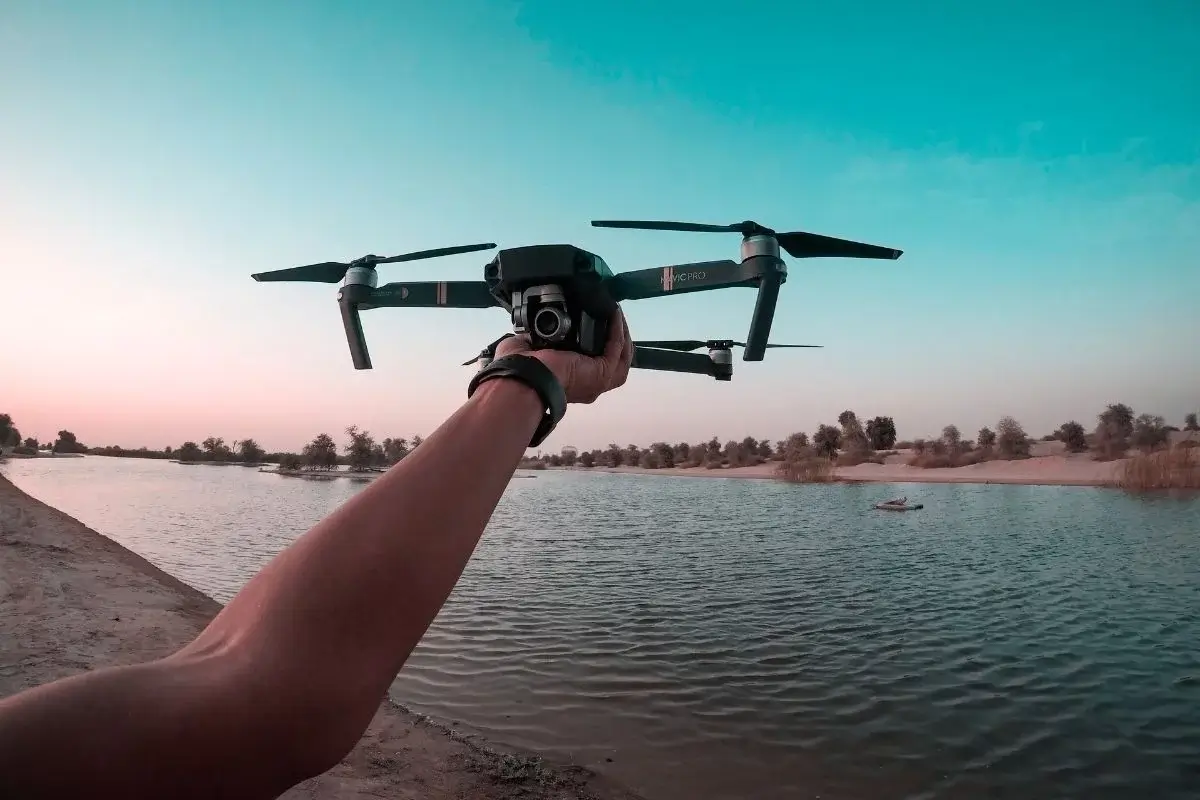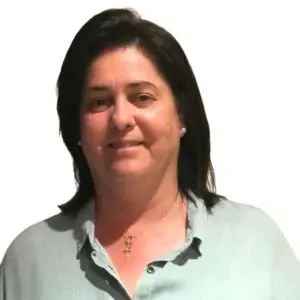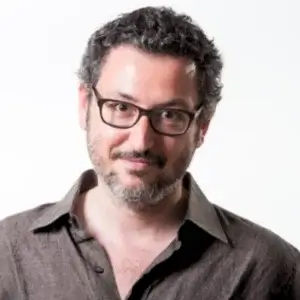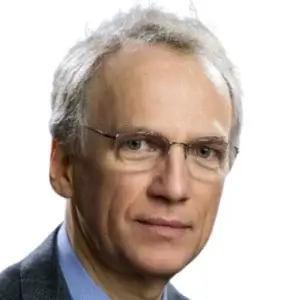Webinar: Where is robotics heading?


Ulysseus European University is hosting a brand new series of COMPASS Insights. These are webinars on key regional and local challenges.
These are part of the calendar of activities of “COMPASS: Leading Ulysseus to become a European University excellence model through Research and Innovation”, a Horizon 2020 project of Ulysseus and the flagship for its R&I agenda and strategy.
Organised by Ulysseus Innovation Hubs, these webinars bring together experts from academia, industry and NGO’s, among other organisations to discuss key regional and local challenges.
Webinar
You can ask questions to the speakers through the chat on Youtube. Go to Youtube and participate on our live chat.

Associate Professor Arrue (Dep. of Systems Engineering and Automation, University of Seville) holds BSc in Computer Science (University of Deusto, Spain), and a MSc and a PhD in Electrical Engineering (University of Virginia, USA).
During her academic career, Arrue has been lecturing undergraduate and postgraduate students of a variety of engineering disciplines. Her areas of expertise include robotics, computer science, artificial intelligence, systems engineering and automation, and signal theory among others. Dr. Arrue’s research aims to devise novel robotic paradigms integrating multidisciplinary approaches. In particular, Arrue is specialized in multirobots aerial systems, bio-inspired aerial soft robotics, AI in robotics, perception, manipulation and planning, and intelligent systems, among others.

Fulvio Mastrogiovanni is an Associate Professor at the University of Genoa (UniGe), Italy, and is currently Vice-Rector for International Affairs. He got a Laurea Degree and a Ph.D. from UniGe in 2003 and 2008, respectively.
Fulvio was a Visiting Professor at institutions in America, Europe, and Asia. Fulvio was part of the Board of Directors of the Italian Association for Artificial Intelligence, served as Program Coordinator of the international MSc in Robotics Engineering (part of the Erasmus+ EMARO and JEMARO programs), he is a member of the Board of the Ph.D. School in Bioengineering and Robotics, as well as the National Ph.D. School in Robotics, at UniGe. Fulvio organized many international scientific events (RO-MAN, IROS, ERF conference series), and journal special issues. Fulvio teaches courses in robot cognitive architectures, human-robot interaction, and artificial intelligence for robotics. Fulvio participated in many national and internationally funded projects and cooperates with research centers worldwide.
He is the founder of Teseo and IOSR, two spinoff companies from UniGe, and an advisor for HIRO Robotics and AIEng. Fulvio received awards for his scientific and technology transfer activities, including the Italian Young Innovator Award in 2021. Fulvio published more than 180 contributions, including 5 international patents.

Ladislav Vargovcik is currently working as a Director of Prototyping and Innovation Centre at Technical University of Kosice (TUKE). In 1986-1995 he was chief designer at the ZTS VVU KOSICE in the field of heavy duty and mobile robotics. In 1995- 2015 he was involved in conceptual preparation of new R&D tasks and leadership of international projects as division director.
He headed R&D of robotic equipment mainly for nuclear power plants and for CERN Geneva. He was member of group of experts within European Robotic Platform (EUROP-CARE project) preparing Strategic Research Agenda 2012 in the field of service and security robotics and now is working as coordinator of euRobotics Topic Group» Nuclear and other Harsh Environment Robotics.
Within NATO he was involved as team leader for Robotic Platforms in the NIAG – SG 118 and SG 128 studies dedicated to solution of reconnaissance robotic equipment applied in fighting terrorism in urban warfare and UAVs for the C-IED. At OECD NEA he is member of the experts group on the application of robotic systems in nuclear back-end.
Learn the latest developments in the field of robotics and the potential uses of technology in the near future
Facilitator: Miroslav Janak, Technical University of Košice
Day | Tuesday, 18 April 2022
Time | 14 – 15.30 pm CET time
Host | Ulysseus Digitalization Innovation Hub, Technical University of Košice
Language | The webinar will be in English
Certificate of attendance | At the end of the webinar a link will be supplied to request your certificate of attendance for this webinar.
